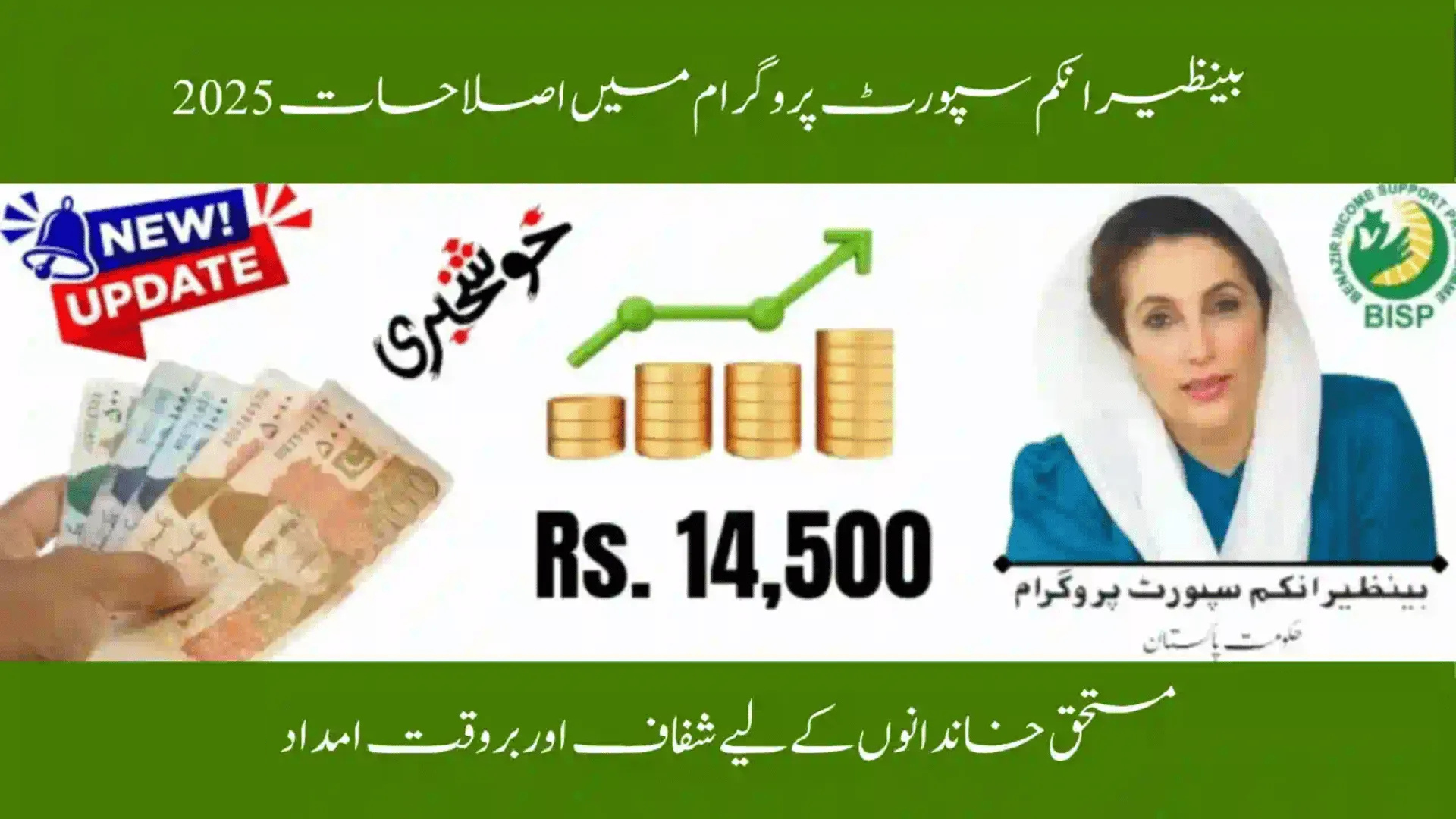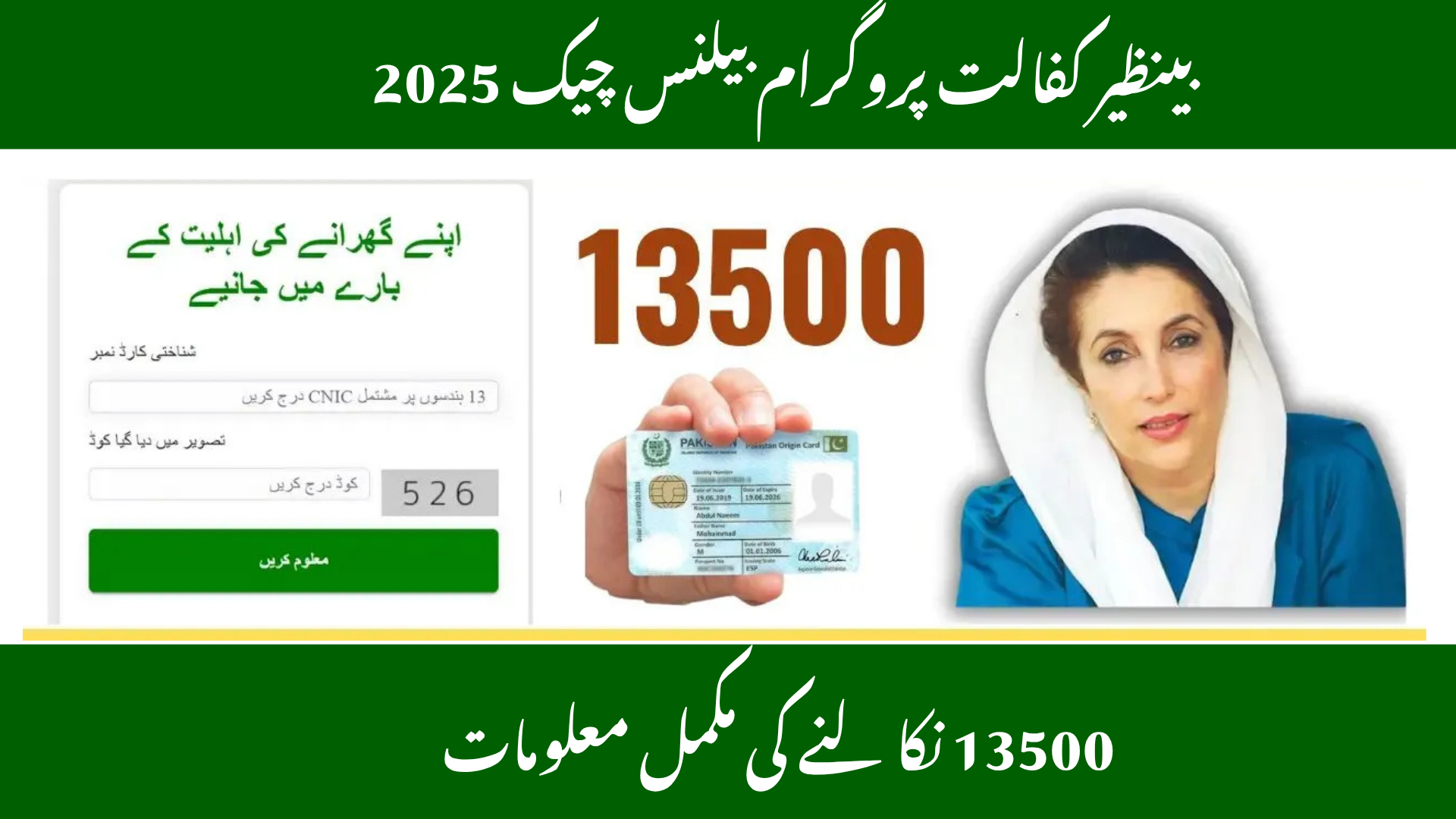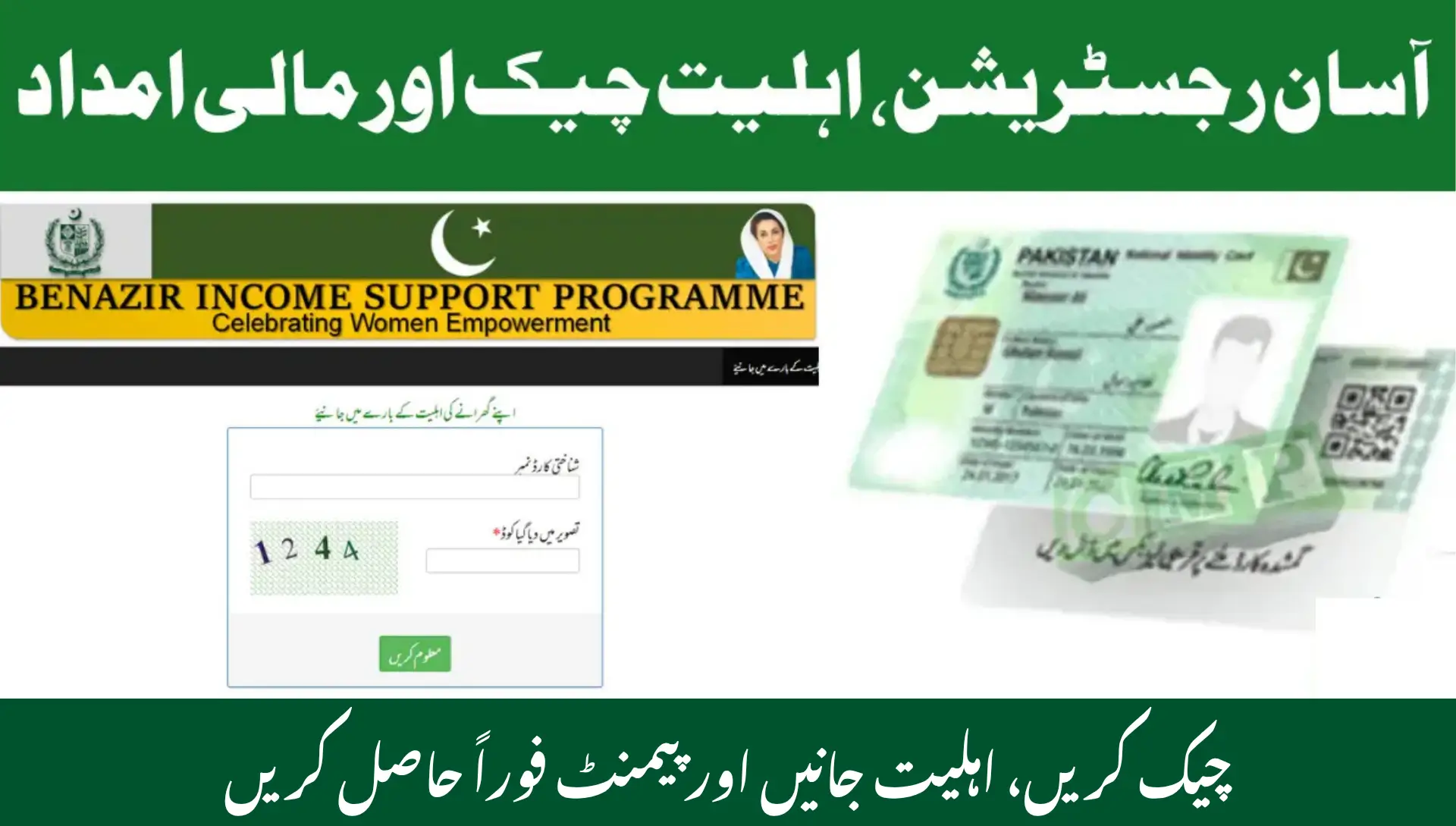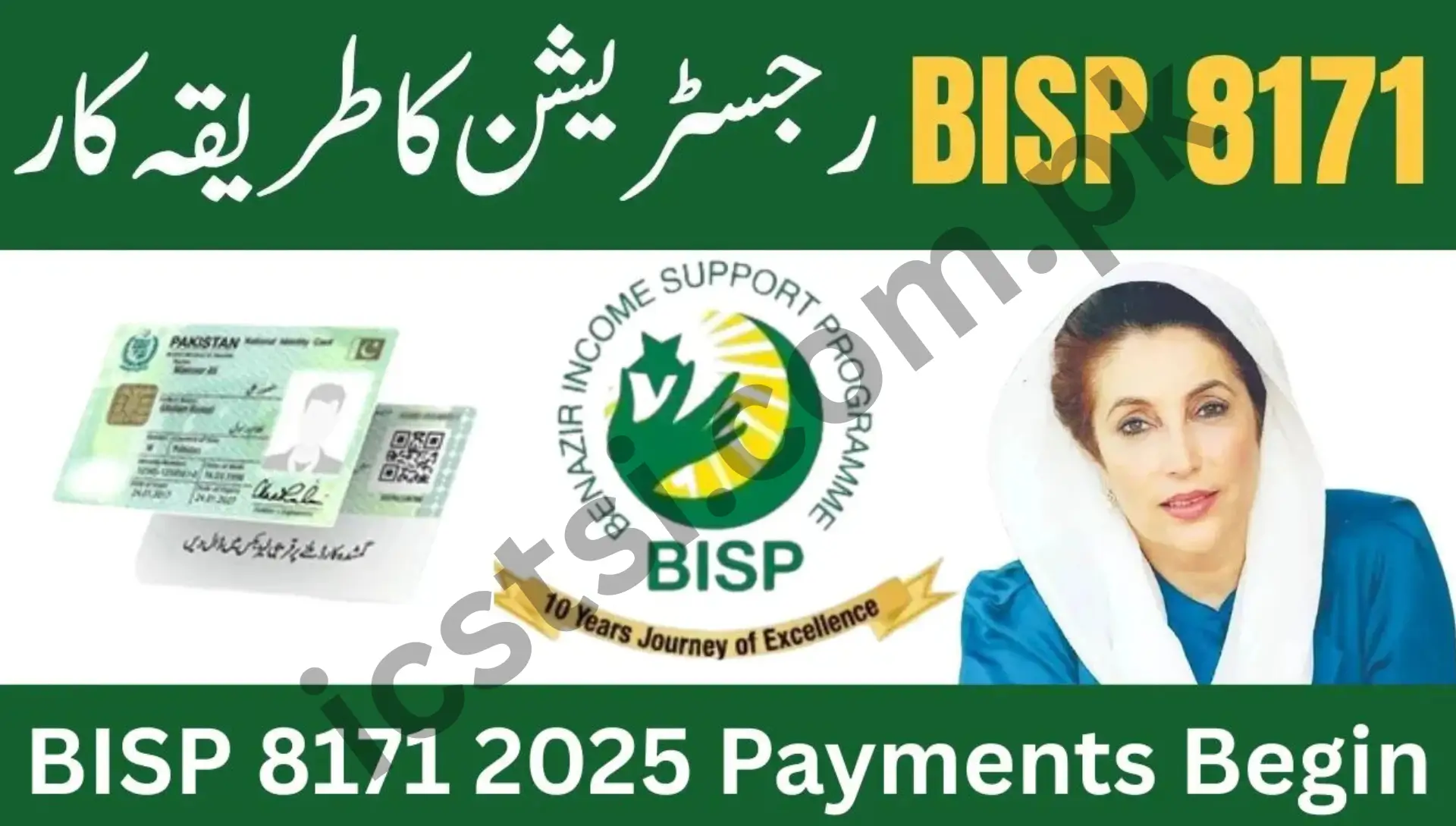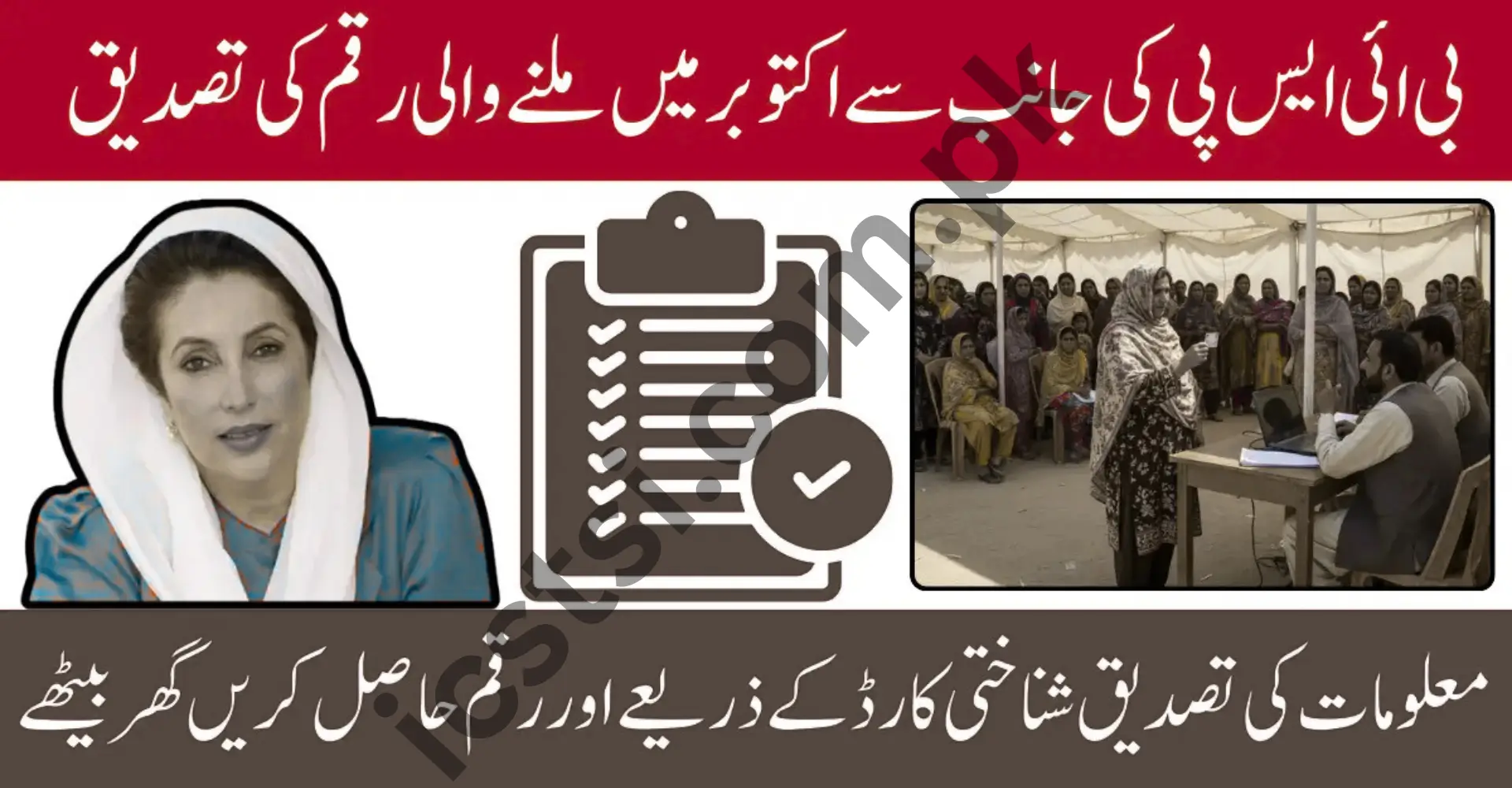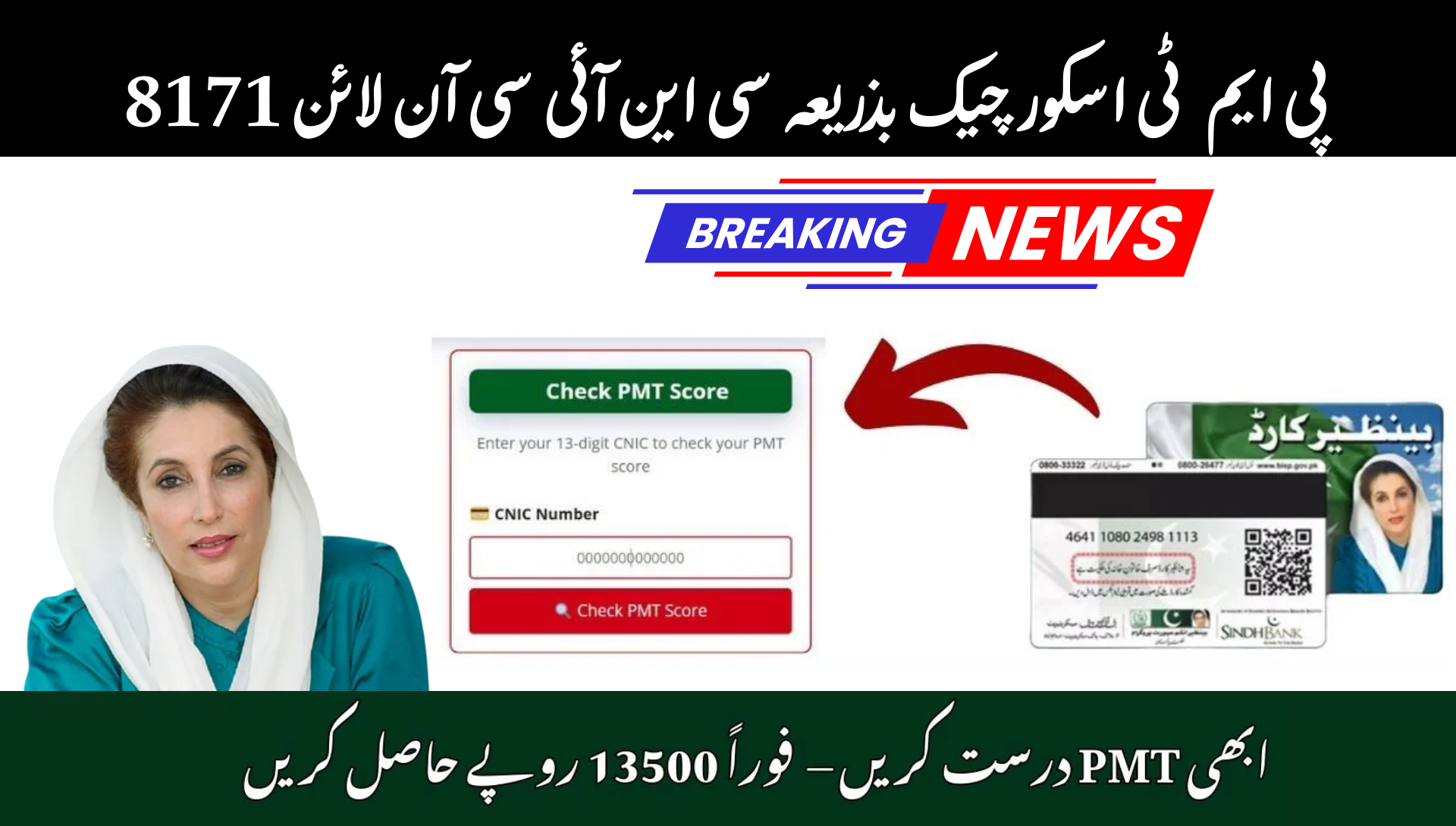BISP Reforms. The Benazir Income Support Programme (BISP) remains Pakistan’s largest and most trusted social welfare initiative. Launched to support low-income families across the country, BISP provides regular financial aid that helps millions survive economic hardship.
In 2025, under the leadership of Senator Rubina Khalid, BISP entered a new era of digital transformation and transparency. The goal is simple — to ensure that every rupee reaches deserving beneficiaries without corruption, delays, or political influence.
New Era of Reform Under Rubina Khalid
Senator Rubina Khalid, the current Chairperson of BISP, has redefined the program with a strong commitment to transparency, modernization, and accountability. Her leadership is based on three main pillars:
- Strengthening administrative systems to improve efficiency.
- Using digital technology to eliminate corruption and delays.
- Ensuring fairness so that only verified, deserving families benefit.
BISP has now transitioned from outdated manual systems to a data-driven digital framework — ensuring faster processing, accurate payments, and better monitoring.
Why Reforms Were Necessary
Over the years, BISP faced several operational challenges that affected both transparency and service delivery. Many families suffered from delayed payments, outdated records, and system inefficiencies.
Key Issues Before the 2025 Reforms
- Payment Delays: Beneficiaries waited months to receive funds.
- Duplicate or Inaccurate Data: Unverified entries caused unfair disbursement.
- Limited Transparency: Manual systems created space for corruption.
- Untrained Staff: Lack of digital literacy affected service quality.
The 2025 reforms were launched to fix these long-standing problems and create a modern, transparent, and citizen-friendly welfare system.
Major Reforms Introduced by BISP
1. Digital Transformation of the NSER Database
BISP has fully digitized its National Socio-Economic Registry (NSER) — Pakistan’s largest database of low-income households.
Key digital reforms include:
- Online registration for all citizens.
- Real-time CNIC verification through NADRA.
- Mobile alerts for payment notifications.
- Electronic records for transparency and easy audits.
Now, beneficiaries can check their eligibility or application status online through the 8171 portal, reducing physical visits and saving time.
2. Improved and Secure Payment System
One of the biggest achievements of the 2025 reforms is the revamped payment process. All payments are now made through biometric verification, ensuring that only genuine recipients receive aid.
Key features of the new payment system:
- Direct bank transfers and mobile wallet disbursements.
- SMS alerts for every transaction.
- Regional centers for easy access.
- A 24/7 helpline (0800-26477) for complaints and support.
This digital approach eliminates middlemen, reduces fraud, and ensures on-time payments to deserving women and families.
3. Staff Training and Capacity Building
Reforms cannot succeed without skilled staff. BISP introduced nationwide training programs to build capacity and improve service quality.
Training modules focus on:
- Customer service and complaint handling.
- Data entry and system operation.
- Ethics and transparency.
- Field verification and data collection.
This initiative has built a professional and tech-savvy workforce capable of managing digital systems effectively.
4. Enhanced Monitoring and Accountability
Transparency is at the heart of the BISP reforms. New monitoring tools now track every transaction, ensuring zero tolerance for corruption.
Monitoring improvements include:
- Independent third-party audits for accuracy.
- Real-time tracking of disbursements.
- Automated complaint escalation systems.
- Monthly performance reviews for all regional offices.
These steps have built public trust and strengthened accountability at all levels of BISP operations.
Transparent and Fair Distribution Process
The reformed BISP ensures that only the right people receive the right help. Senator Rubina Khalid’s leadership emphasizes fairness, equality, and zero political influence.
| Core Principles | Description |
|---|---|
| Verification Before Approval | CNIC and NSER verification ensures authenticity. |
| Real-Time Payments | Biometric confirmation guarantees accuracy. |
| Zero Political Bias | Aid is distributed purely based on data. |
| Data Security | Beneficiary details remain confidential and protected. |
Technology and Data Analytics in Action
BISP’s digital transformation relies heavily on technology and data analytics to detect errors, prevent fraud, and improve efficiency.
Key Digital Tools Used:
- NADRA Integration: Instant CNIC checks.
- AI & Machine Learning: Detect duplicate records.
- Beneficiary Portals: Easy online access to data.
- GIS Mapping: Helps identify underserved areas.
These innovations make BISP one of the most transparent welfare systems in South Asia.
Support for Vulnerable and Marginalized Groups
The BISP reforms go beyond cash assistance — they aim to empower families, especially women and children.
Focused Beneficiary Groups:
- Women: The majority of beneficiaries, promoting financial inclusion.
- Children: Scholarships through the Benazir Taleemi Wazaif program.
- Disabled Persons: Special campaigns for registration.
- Elderly Citizens: Priority aid for senior citizens.
This inclusive model ensures that no one is left behind in Pakistan’s journey toward social welfare.
Complaint and Feedback Mechanism
To further strengthen transparency, BISP has introduced a modern complaint management system accessible to all citizens.
How to Register a Complaint:
- Call Helpline: 0800-26477 (toll-free).
- Online Portal: Submit complaints via the official BISP website.
- Regional Offices: Visit the nearest BISP center.
- Social Media: Use verified official accounts for support.
Every complaint receives a unique tracking ID, ensuring timely follow-up and resolution.
Collaboration and Partnerships
BISP continues to partner with international organizations and provincial governments to expand its impact.
Key collaborations include:
- World Bank & UNDP: For digital and data management support.
- Provincial Governments: For regional implementation.
- Health & Education Departments: For Taleemi Wazaif and health-related schemes.
These partnerships align BISP with global Sustainable Development Goals (SDGs) and best practices in social welfare.
Achievements So Far
The reforms have already improved several key performance areas.
| Category | Before Reforms | After Reforms |
|---|---|---|
| Payment Processing | Slow and manual | Fast and biometric-based |
| Data Management | Outdated | Digitally verified |
| Complaint Handling | Limited | Online and responsive |
| Staff Skills | Basic | Trained and professional |
| Transparency | Moderate | Full digital audit trail |
Future Plans for 2025 and Beyond
Senator Rubina Khalid’s roadmap for the coming years includes more technology-driven and inclusive initiatives:
- Launch of the BISP Mobile App for instant payment tracking.
- Registration drives in flood-affected and remote regions.
- Financial literacy training for women.
- Small business grants for women entrepreneurs.
- Real-time dashboards for nationwide transparency.
These future reforms will make BISP even more efficient, inclusive, and citizen-focused.
FAQs –
1. What is the purpose of the BISP reforms?
To make financial aid distribution more transparent, fast, and fair for deserving families.
2. How can I check my BISP payment status?
Visit the official 8171 web portal or send your CNIC number via SMS to 8171.
3. Who qualifies for BISP in 2025?
Families with valid CNICs and verified low-income scores within the eligibility range.
4. What major reforms were introduced under Rubina Khalid?
Digital transformation, better data accuracy, staff training, and transparency measures.
5. How does BISP prevent corruption?
Through biometric verification, third-party audits, and real-time monitoring systems.
Conclusion
The Benazir Income Support Programme Reforms 2025 mark a new chapter in Pakistan’s journey toward digital governance and social justice.
Under Senator Rubina Khalid’s leadership, BISP has evolved into a transparent, modern, and people-focused welfare program ensuring that every deserving family receives financial aid on time and with dignity.

